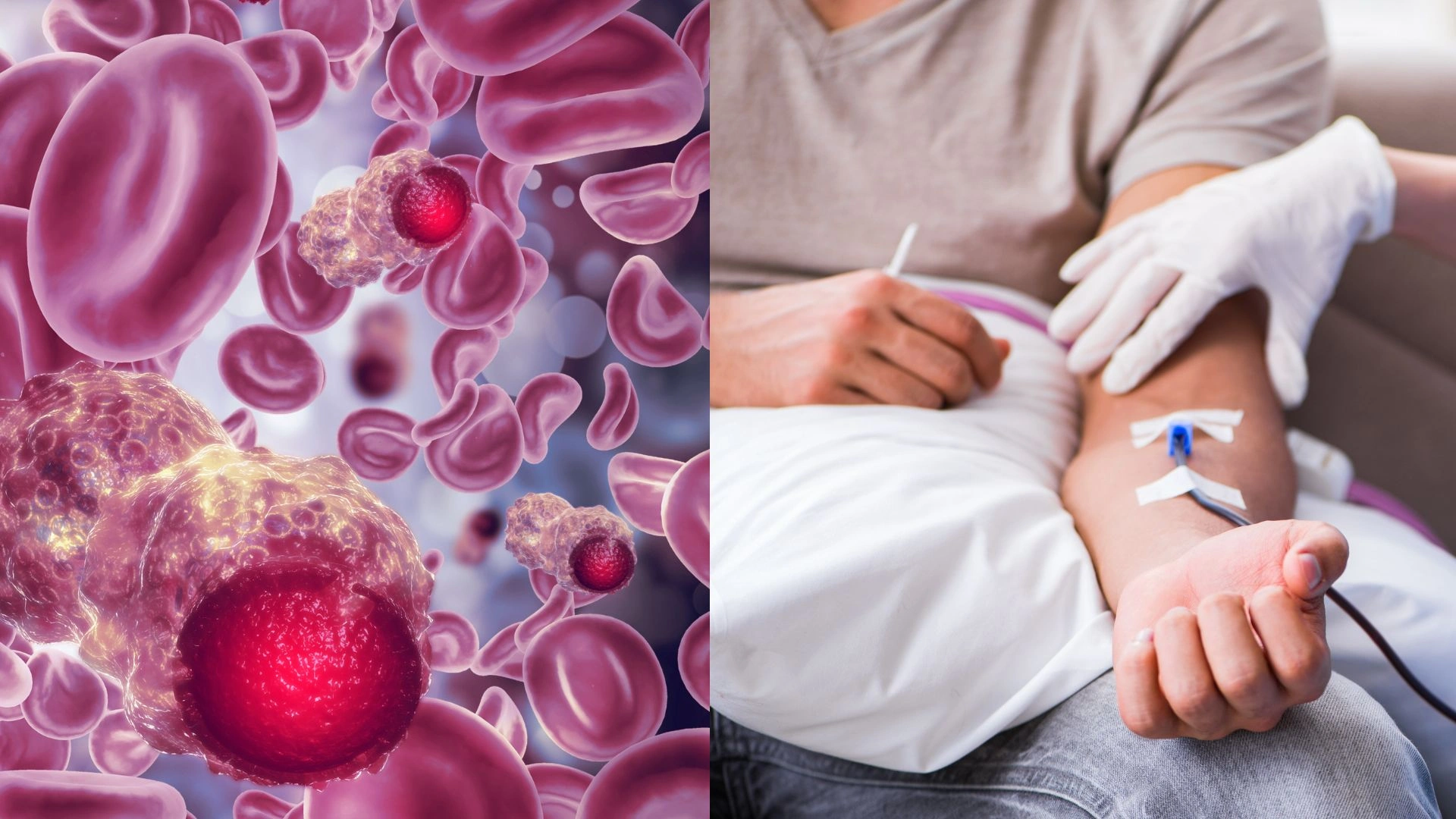Blood cancers, including leukemia, lymphoma, and myeloma, are influenced by various factors—genetics and lifestyle being the most well-known. However, environmental toxins also significantly contribute to the risk of developing these cancers, according to Dr. Shivali Ahlawat, Oncologist at Oncquest Laboratories. In a recent interview, she emphasized that toxins like benzene, pesticides, heavy metals, and industrial pollutants can trigger mutations and disrupt the body’s blood-forming system, increasing the risk of cancer.
Benzene and Blood Cancer Risk
Dr. Ahlawat points out that benzene, a major carcinogen found in cigarette smoke, vehicle emissions, and industrial solvents, is particularly dangerous. The International Agency for Research on Cancer (IARC) has linked chronic exposure to benzene with an elevated risk of Acute Myeloid Leukemia (AML), as it damages the hematopoietic cells in bone marrow. These harmful changes in blood cells can eventually lead to cancer.
The Role of Pesticides and Heavy Metals
Some pesticides have also been associated with an increased risk of Non-Hodgkin’s lymphoma and other blood cancers. They disrupt normal cell processes and cause oxidative stress, leading to DNA mutations. Furthermore, prolonged exposure to heavy metals like arsenic and lead, as well as ionizing radiation, weakens the body’s ability to repair DNA, contributing to blood cancer development.
To minimize the risk, Dr. Ahlawat advises using protective gear in high-risk occupations, reducing exposure to known carcinogens, and undergoing regular screenings. Early detection of blood abnormalities can make all the difference, helping to improve outcomes through timely intervention.
By understanding the dangers of environmental toxins, we can better safeguard our health and take proactive steps to reduce the risk of blood cancers.
ALSO READ: What Is Petticot or Dhoti Cancer? Doctors Warn Of Rare Health Risk























